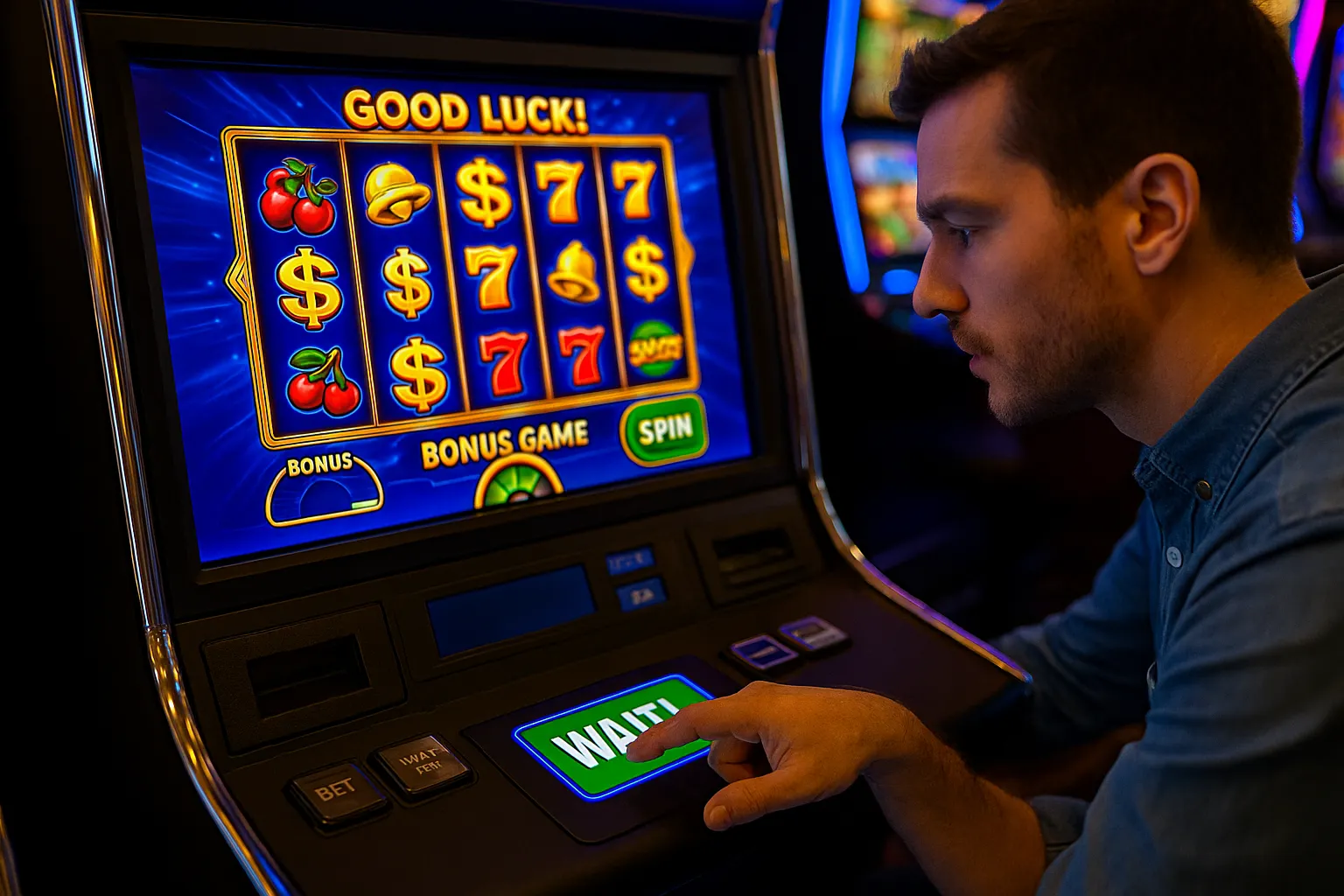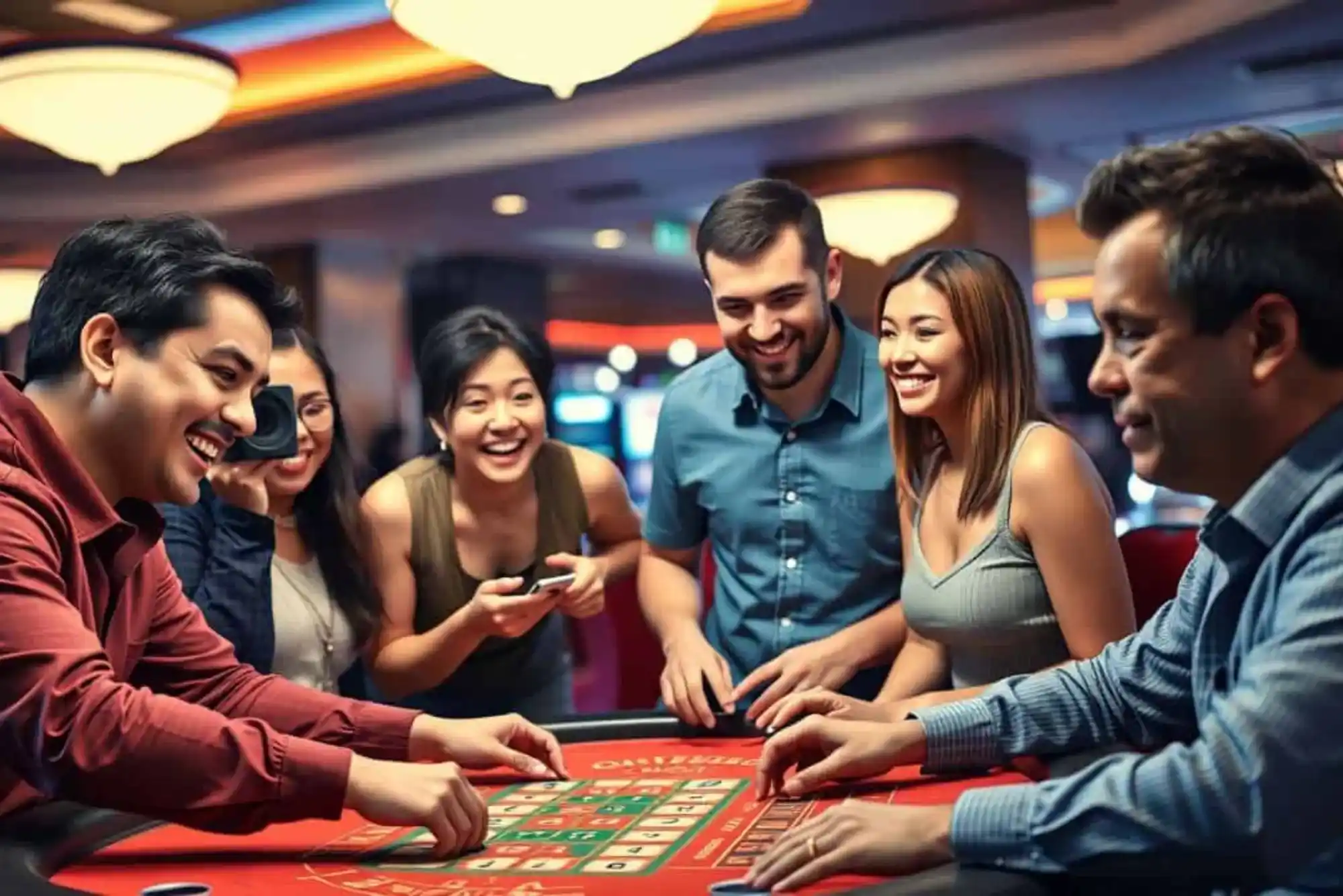In the past decade, casino games have leaned heavily into automation and chance, with sophisticated random number generators (RNGs) ensuring that slots remain predominantly games of luck. Yet a new wave of innovation called skill-based slots is emerging, challenging traditional assumptions about player agency, engagement, and even the fundamental concept of the house edge. As someone who’s tested dozens of new titles in brick-and-mortar arcades and online platforms, I’ve witnessed firsthand how these hybrids blend reflex-based minigames, decision points, and mechanics reminiscent of console gaming. But can this added layer of skill actually shift the statistical advantage away from the house? In this article, I’ll explore the mechanics, real-world examples, and regulatory considerations—and share insights on how skill elements can influence both your experience and the underlying odds.
What Makes a Slot “Skill-Based”?
Traditional video slots operate on pure RNG, meaning each spin is isolated and statistically independent. The house edge—or expected long-run profit margin—depends solely on the payout structure and RTP (return to player). Skill-based slots, by contrast, introduce gameplay elements where player input can slightly alter outcomes. This might take the form of:
A timed tapping challenge that awards extra bonus symbols for precision,
a mini-puzzle unlocking progressive multipliers,
or an aiming-and-shooting round where virtual targets yield free spins based on accuracy.
These game features sit within the overall slot design: you still spin reels, but your decisions before, during, or after the spin can adjust your net win on that spin or subsequent feature rounds.
How Decision Points Work
Decision points in skill-based slots are usually optional. For example, after a triggering combination, you might choose between a small guaranteed cash win or a “shootout” minigame where hitting moving targets yields a chance at a larger jackpot. While your shooting accuracy doesn’t affect the core RNG outcome of the spin itself, it can influence multiplier levels or bonus credit value in an add-on feature.
Can Skill Tilt the House Edge?
The short answer is nuanced: adding skill elements doesn’t eliminate the house edge, but it can redistribute it in ways that reward more proficient players while maintaining overall operator profitability. Regulators typically require the base RTP—including skill elements—to remain at or above a published threshold (often 92–96%). Skill mechanics are then layered on top, with the operator’s margin baked into how much skill can truly impact final payouts.
I’ve spent weekend afternoons in Tennessee arcades where operators test prototypes, and those machines always include a fallback: if your skill performance falls below a minimum threshold, you still receive a base-level bonus predetermined by the RNG. That safety net ensures players aren’t completely locked out of wins, even with poor accuracy.
How Skill-Based Slots Are Rolled Out Internationally
While jurisdictions like New Jersey and Ontario have clear frameworks for hybrid skill-chance machines, you also see these titles cropping up in less regulated markets. If you’re exploring offerings at non uk casinos, you’ll often find skill-based slots marketed heavily to younger audiences familiar with video games. These sites tout “your skills can unlock bigger wins” but still list RTP values to satisfy regulators.
Real-World Examples and Player Impact
Lights Out: A Test Case
One early example is the Czech-developed “Lights Out” series. After landing on three scatters, you enter a memory game where flipping tiles reveals multipliers. Trust me, after dozens of rounds you get faster and reduce your average loss per bonus round. The crucial insight is that while the house edge on the base game remains fixed, your effective long-term RTP can inch upward by consistently outperforming casual players in the bonus memory challenge.
Arcade-Style Shooter Slots
In Las Vegas, a few casinos trialed machines with a mounted “light gun.” After triggering, you shoot digital bandits that pop up on the screen. Your accuracy translates into extra free spins. Even if you miss, you still keep a small cash award, but skilled sharpshooters can unlock up to 30 free spins instead of ten. Across thousands of plays, those extra spins materially boost your expected return, though never fully removing the house advantage.
Regulatory and Ethical Considerations
Introducing skill elements raises questions about fairness and transparency. Regulators in some U.S. states mandate that any skill outcome must be thoroughly documented, audited, and capped so that no scenario reduces the house edge below a certain level. The key is that the publisher must demonstrate how much variance the skill round can introduce, and guarantee a minimum RTP even with zero skill performance.
Ethically, operators should ensure that skill tasks are accessible (not insanely difficult) and don’t exploit cognitive biases. For instance, if a memory minigame is too complex, novices may constantly underperform, widening the gap between casual and experienced players in a way that feels predatory.
Does Skill-Based Play Improve Engagement?
From a player perspective, the added interactivity can make slot sessions more entertaining and less monotonous. Personally, I’ve found that the mental stimulation keeps me at the machine longer—but whether that’s to my net benefit depends on my self-control. The “flow state” achieved during a fast-paced minigame can lead to higher stakes and faster-paced betting, which actually increases theoretical loss per hour if the house edge is unchanged.
Nevertheless, some players appreciate the sense of agency. Hitting a sequence of accurate taps or perfect shots gives a rush you don’t get from pure RNG spins. Operators leverage this to boost session length and loyalty program signups.
Balancing Skill and Chance
Good game designers aim for a sweet spot: the skill component should matter enough to feel impactful, but not so much that the game feels like a traditional arcade title rather than a casino product. If skill fully determined outcomes, the title would stray into sweepstakes or retail gaming territory subject to entirely different rules.
Tips for Players Trying Skill-Based Slots
Approach them like a hybrid: dedicate time to learning the mini-games in free-play or demo mode before using real money. Track your accuracy metrics if the interface provides them, and be mindful of how your performance affects feature frequency versus average bet size. Remember that the base house edge still applies to every spin, so even your perfect score on a memory game won’t overcome a 5% margin on the main reels.
The Future of Skill in Casino Gaming
As technology evolves, I expect to see more seamless integrations of VR and haptic feedback, where players’ physical movements—like aiming down sights—are measured for skill. With AI-driven personalization, machines could adapt difficulty levels in real time to match your proficiency, dynamically balancing engagement and profitability.
While that might blur lines further, responsible design and clear disclosure will be key. Players need to know exactly how much their skill can move the needle, and operators must ensure that no skill profile grants a negative house edge. As someone who’s both played and consulted on game design, I believe this balance is achievable—but only with rigorous testing and transparent communication.
Conclusion
Skill-based slots represent an exciting frontier in casino gaming, offering a refreshing dose of interactivity to an otherwise chance-driven format. They don’t eliminate the house edge, but they can meaningfully reward proficient players in bonus features and mission rounds. Whether you’re spinning on a light gun shooter in Nevada or training on memory flips at a Swedish arcade, the core takeaway is that practice and precision matter—but so does managing your bankroll around the innate statistical advantage.
As the industry refines these hybrids, stay informed about published RTP guarantees, track your own performance in skill challenges, and remember that the most successful strategy combines skill mastery with disciplined play. That way, you can leverage your abilities to capture as much value as the games are willing to offer—without ever forgetting that the house still sets the rules.








